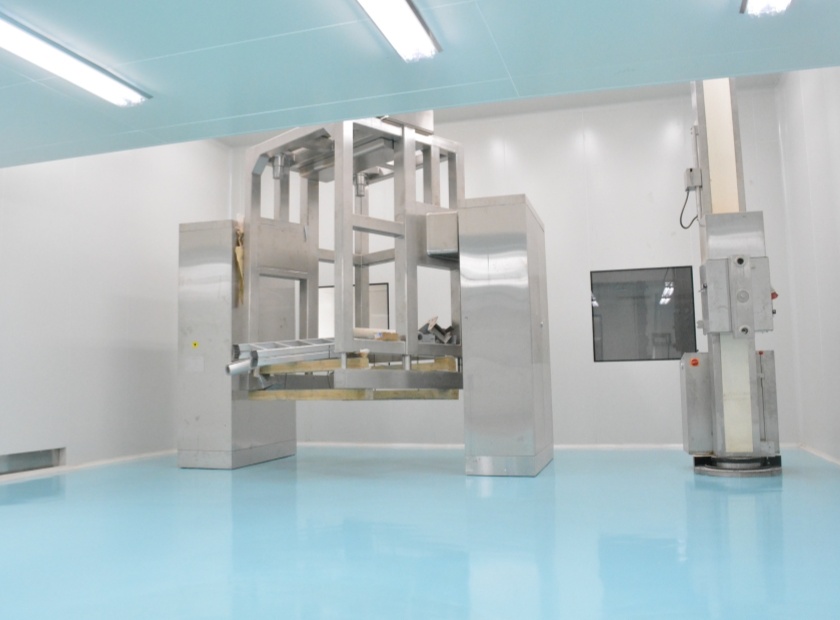25
2025
-
07
Demystifying Epoxy Flooring: Common Questions Answered
2025-07-25
What is Epoxy Flooring?
So, you've heard the buzz about Epoxy Flooring, huh? It's all the rage these days! But what exactly is it? In simple terms, epoxy flooring is a durable, resinous surface that’s not only tough as nails but also eye-catching. Made from a mix of epoxy resins and hardeners, it cures into a solid, resilient layer that can withstand heavy foot traffic and spills. Talk about a game changer for both residential and commercial spaces!
Why Choose Epoxy Flooring?
Well, let me tell you, there are a ton of reasons! First off, it’s incredibly easy to clean. Just sweep or mop, and you’re done! Secondly, it’s resistant to stains, chemicals, and even moisture—perfect for garages or kitchens. Plus, it’s customizable! You can pick colors, patterns, and finishes that fit your style. What’s not to love?
Is Epoxy Flooring Slippery?
This is a common concern, and rightly so! While epoxy floors can be slick when wet, many manufacturers offer non-slip additives that can be mixed in. This way, you can have all the aesthetic appeal without the risk of a slip and fall. Safety first, right?
How Long Does it Last?
Ah, the million-dollar question! When properly installed (and let’s be real, that’s key), epoxy flooring can last anywhere from 10 to 20 years. It’s all about maintenance, folks! Regular cleaning and occasional resealing will keep it looking fresh and fab for years to come.
Can I Install Epoxy Flooring Myself?
Now, you might be thinking, “I’ve got this!” And while some DIYers may be up for the challenge, it’s not as easy as pie. The process involves prepping the surface, mixing the epoxy correctly, and applying it evenly. If you’re not careful, you could end up with an uneven finish or worse—bubbles and peeling. So, if you’re not a pro, you might want to call in the cavalry!
What Are the Different Types of Epoxy Flooring?
Good question! There are several types to consider:
- Solid Epoxy: This is the most common type, providing a thick and durable layer.
- Epoxy Mortar: Perfect for heavy-duty areas like warehouses, it’s super strong and resistant.
- Self-Leveling Epoxy: Ideal for uneven surfaces, it smooths out and offers a sleek finish.
- Flake Epoxy: This one’s all about aesthetics, featuring colorful flakes for a unique look.
Each type has its perks, so choose wisely based on your needs!
What's the Cost of Epoxy Flooring?
Money talks, right? The cost can vary based on factors like the size of the area, the type of epoxy, and whether you’re going DIY or hiring a pro. On average, you might be looking at $3 to $12 per square foot. It’s a bit of an investment, but considering its longevity and durability, it could pay off in the long run.
Can Epoxy Flooring Be Applied Over Existing Floors?
Absolutely! One of the perks of epoxy flooring is its ability to be applied over existing surfaces, like concrete or tiles, as long as the surface is clean and in good condition. Just be sure to prep it right, and you’re golden!
Is It Environmentally Friendly?
Now, here’s the kicker! Many modern epoxy options are low in volatile organic compounds (VOCs), which is a win for the environment. Plus, its durability means you won’t be replacing it anytime soon, cutting down on waste. So, if sustainability is your jam, don’t count epoxy out!
Final Thoughts
So, there you have it! Your burning questions about Epoxy Flooring answered. Whether you’re sprucing up your garage or revamping a commercial space, it’s a versatile and stylish choice that stands the test of time. With some research and proper installation, you’ll be well on your way to enjoying a beautiful, functional floor for years to come!



